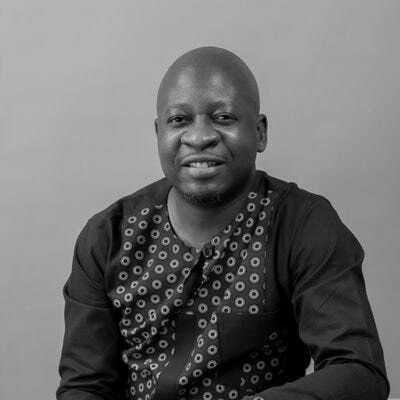
MALAWI: So much has been said about Malawian artists not being at the same "level" as other African artists. It is important to understand that not everything about an artist's success is up to the artist. Music like any other industry is made up of several business activities which constitute a value chain. Artists can only rise as high as the value chain so it is important to understand the ecosystems that artists are in.
Most of the notable African international artists are from francophone countries. Names like Youssou N'dour, Angeliqué Kidjo, Salif Keita, Kofi Olomidé and others. This is because France has invested heavily in the music ecosystem of French-speaking countries. Most of these successful African artists actually live and are signed and managed in France and France benefits heavily from their musical products. An artist from a French-speaking country has a clear career path to the international level because all the business activities in the value chain (all the way up to the international level) are present. This could be attributed to France's assimilation policy for their former colonies but that is a subject for another day.
Now if we look at the Malawi situation, our value chain goes as far as our borders. The artists who have broken out have done so with incredible personal effort and to be honest the "breaking out" hasn't been highly significant because of the same reasons and has been difficult to sustain.
To paint a better picture let me use tobacco as an example. A farmer in Mchinji is not responsible for getting his or her tobacco to the international markets or global cigarette manufacturing companies. There is a whole industry and institutions that make sure of the quality, transportation, buying, export, etc going up the value chain until it becomes a cigarette (and sold back to us lol). Think of TAMA, TCC, Tobacco Auction Floors...etc So asking an artist to be the whole value chain is like asking the farmer in Mchinji to manufacture his or her own brand of cigarettes and sell to the global market.
However, a good place to start is where we are. Malawi's Creative sector already contributes significantly to the country's economy (Approx 4% to the GDP) but that money doesn't really get to the pockets of our creators. Some points we can think about:
As a sector, we need to stop working in a fragmented fashion and organise ourselves so we can push for better policy and implementation. The individual efforts can only take us so far and we can attain individual success but not overall sector growth.
As citizens, we need to support, promote and buy Malawian creative products and services as a matter of principle. We may say that the standard is lacking but the only way to improve standards is through investment. National pride is the key here. Every time a song Or music video is played on radio or TV, it generates money for the rights holders. If more Malawian content is played, more money is being generated for the content creators.
We need business people to harness the potential of the sector to establish creative enterprises so that we can expand our ecosystem. Malawi is not short of artistic talents. The gap is the business skills that are needed to take that talent up the value chain.
We need a serious political will that is serious about further development of the sector. Full implementation and operationalization of the Cultural Policy, Copyright Act, and Communications Act will help create a much more conducive environment.
We need to do away with envy. There are many opportunities that come our way but are sat on. We need to get to a place where we want others to succeed. The attitude that we have towards our artists and the arts needs to change. We need to take ourselves as professionals and hopefully, we will be treated as such.
Our artists do not have "homes". We need purpose-built infrastructure for the creative and cultural industry and qualified people to run them with the required funding. These are our markets to sell our products or services.
In conclusion, I think we need to think more about ourselves as creators and dig deeper into who we are so we can create unique art that is authentically us. No one can beat us at being Malawian. Our stories are worth telling. We have so much treasure in Malawi in terms of history, heritage and culture. I am not saying we should all focus on traditional music or art. We should study it and draw from it. Let's get inspired by who were are. Let our rhythms and melodies influence our art. Let's bring all these together and create something we can proudly call our own. Each artist in a way that is unique to their individual. Something that the world can look to say is that Malawian flavour.
We have got this. Umodzi. Limodzi. Pamodzi.
*Q Malewezi is a Malawian Poet, Curator and Events Producer.